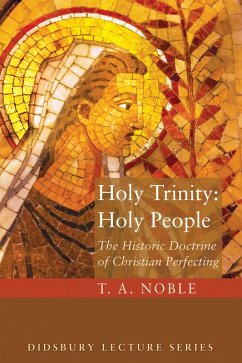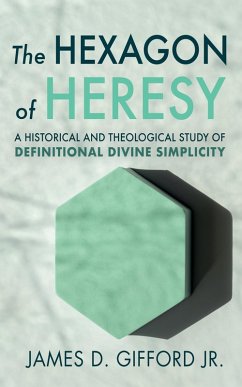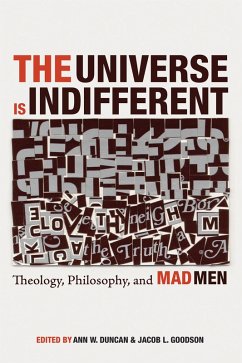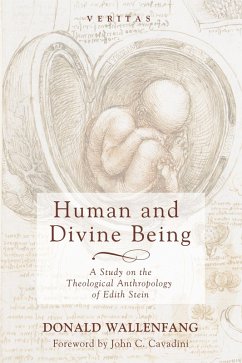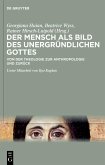Teaching on the sanctification of Christians using the difficult word perfection has been part of Christian spirituality through the centuries. The Fathers spoke of it and Augustine particularly contributed his penetrating analysis of human motivation in terms of love. Medieval theologians such as Bernard and Thomas Aquinas developed the tradition and wrote of levels or "degrees" of "perfection" in love. However, the doctrine has not fared so well among Protestants. John Wesley was the one major Protestant leader who tried to blend this ancient tradition of Christian "perfection" with the Reformation proclamation of justification by grace through faith. This book seeks to develop Wesley's synthesis of patristic and Reformation theology in order to consider how Christian "perfection" can be expressed in a more nuanced way in today's culture. Noble examines what basis may be found for Wesley's understanding of sanctification in the central doctrines of the church, particularly the atonement, the doctrine of Christ, and the most comprehensive of all Christian doctrines, the doctrine of the Holy Trinity. What he sets out is a fully trinitarian theology of holiness.
Dieser Download kann aus rechtlichen Gründen nur mit Rechnungsadresse in A, D ausgeliefert werden.

